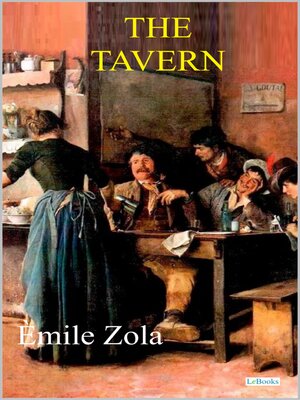
Sign up to save your library
With an OverDrive account, you can save your favorite libraries for at-a-glance information about availability. Find out more about OverDrive accounts.
Find this title in Libby, the library reading app by OverDrive.



Search for a digital library with this title
Title found at these libraries:
| Library Name | Distance |
|---|---|
| Loading... |
The Tavern is a stark depiction of the struggles of the working class in 19th-century France, offering a raw and unflinching critique of poverty, alcoholism, and the brutal cycles of social determinism. Émile Zola employs his naturalist approach to expose the harsh realities faced by the urban poor, illustrating how environment and heredity shape human destiny. Through the tragic life of Gervaise Macquart, a laundress striving for stability amidst a world of relentless hardship, the novel explores themes of ambition, disillusionment, and the crushing weight of societal constraints.
Since its publication, Tavern has been recognized for its powerful social commentary and meticulous realism. Zola's portrayal of working-class Paris, with its vivid detail and psychological depth, has cemented the novel's status as a defining work of naturalist literature. The novel's exploration of systemic oppression, the fragility of human hope, and the corrosive effects of vice continues to resonate, offering an uncompromising view of the forces that shape individual lives.
The enduring impact of Tavern lies in its ability to confront readers with uncomfortable truths about social inequality and the limitations of personal agency. By depicting the interplay between external circumstances and inner struggles, Zola challenges the notion of free will, inviting readers to reflect on the broader mechanisms that govern human suffering and resilience.







